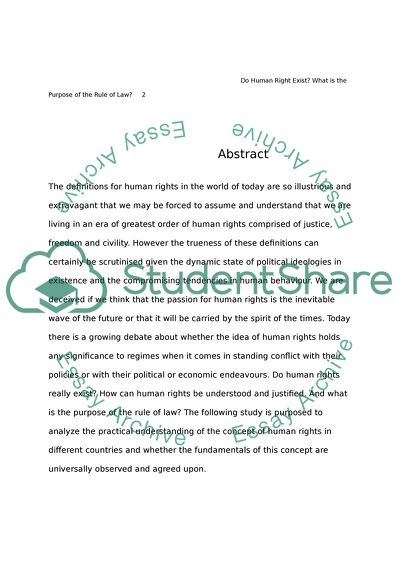Cite this document
(Do Human Right Exist and What Is the Purpose of the Rule of Law Coursework, n.d.)
Do Human Right Exist and What Is the Purpose of the Rule of Law Coursework. Retrieved from https://studentshare.org/law/1719644-do-human-rights-exist-what-is-the-purpose-of-the-rule-of-law
Do Human Right Exist and What Is the Purpose of the Rule of Law Coursework. Retrieved from https://studentshare.org/law/1719644-do-human-rights-exist-what-is-the-purpose-of-the-rule-of-law
(Do Human Right Exist and What Is the Purpose of the Rule of Law Coursework)
Do Human Right Exist and What Is the Purpose of the Rule of Law Coursework. https://studentshare.org/law/1719644-do-human-rights-exist-what-is-the-purpose-of-the-rule-of-law.
Do Human Right Exist and What Is the Purpose of the Rule of Law Coursework. https://studentshare.org/law/1719644-do-human-rights-exist-what-is-the-purpose-of-the-rule-of-law.
“Do Human Right Exist and What Is the Purpose of the Rule of Law Coursework”, n.d. https://studentshare.org/law/1719644-do-human-rights-exist-what-is-the-purpose-of-the-rule-of-law.


